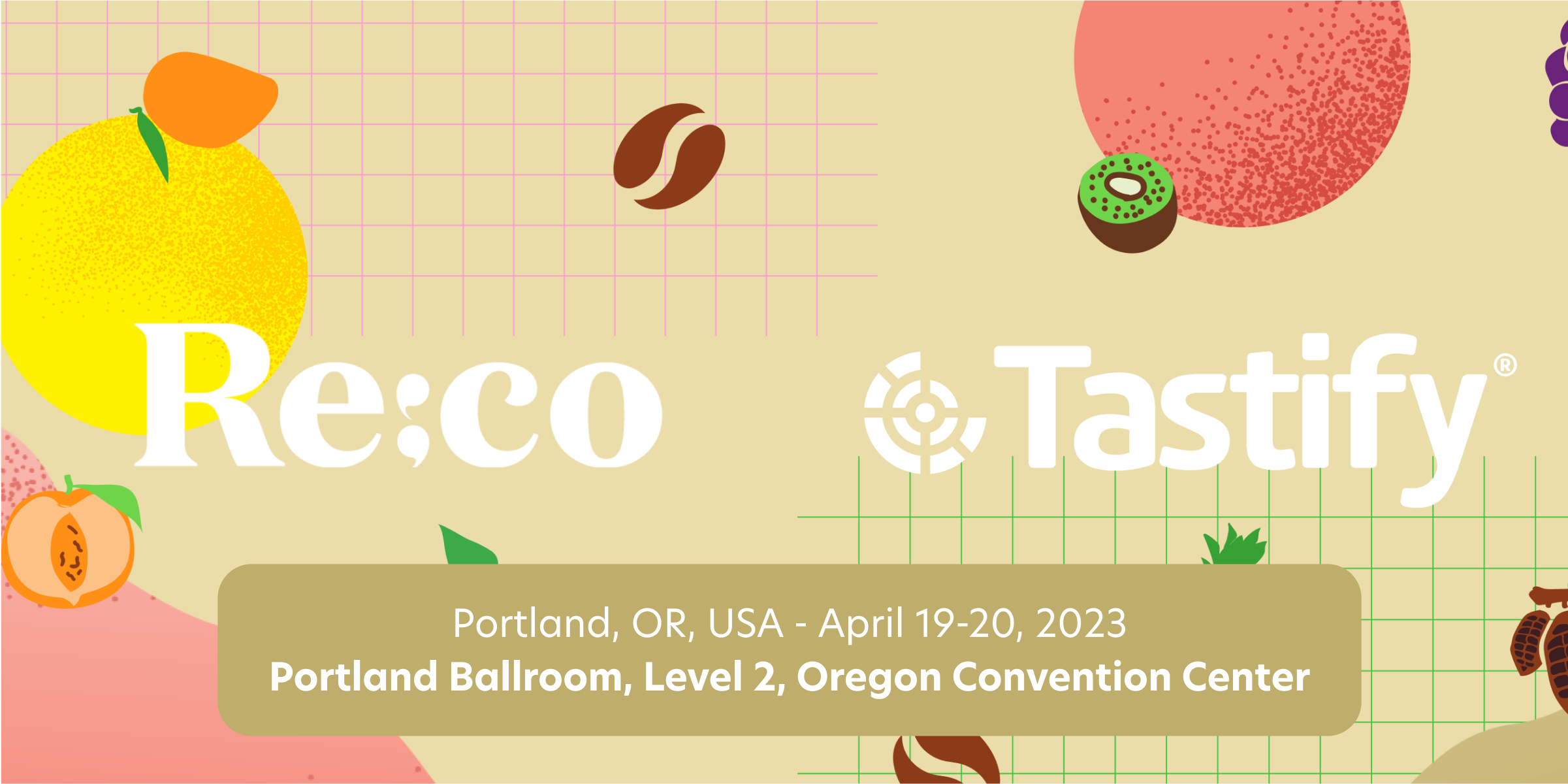
Whether you’re a professional who works in the coffee industry or someone who enjoys good coffee, sometimes you may wonder what makes a good coffee good. It’s not witchcraft or intuition; there are some standards on how to make the coffee consistent and satisfy all coffee lovers – one of them is by taking the SCA Courses.
Why SCA Courses?
The Specialty Coffee Association (SCA) certifications are some of the best ways to learn about specialty coffee from farm to cup, as the coffee industry worldwide has acknowledged. The SCA offers various programs and covers all coffee things in depth, and you can choose which one suits you best. Once you obtain the SCA certifications, you’re qualified worldwide since you'll understand the protocols of specialty coffee standards.
SCA Certification is currently the most acclaimed coffee certification, incorporated with years of experience from numerous coffee experts worldwide. Countless of the best specialty coffee professionals have joined the association, thus providing farmers, baristas, and roasters with great networks to collaborate and learn from one another.
What are SCA and SCA courses?
SCA is a non-profit organization that aims to raise coffee standards worldwide to make coffee better. One of the efforts is to provide accredited training programs with authorized SCA Trainers for those interested in coffee.
According to Prufrock Consulting, The SCA Coffee Skills Program (CSP) offers six modules and three certification levels that students can choose from based on their interests and needs. After you finish your course, you need to take the examination (SCA Accredited Exam) and receive an SCA Certificate when you pass. You need to achieve 100 points for the SCA Coffee Skills Diploma.
Levels provided by SCA:
- Introduction to coffee (10 points): perfect for beginners who want to learn the fundamental theories
- Foundation (5 points): created for those who want to become proficient in a new coffee area with no advanced experience
- Intermediate (10 points): suitable for those who have basic knowledge or are already working in the coffee industry and have a desire to enhance their essential skills
- Professional (25 points): perfect for coffee specialists who have worked in the coffee area for some time and want to level up their skillset
The six modules of Coffee Skill Programs are:
- Introduction to Coffee
- Barista Skills
- Brewing
- Sensory
- Green Coffee
- Roasting

Introduction to Coffee
If you’re a coffee lover interested in learning about coffee’s journey from farm to cup, the Introduction to Coffee program is suitable for you! You’ll learn all coffee: botany, cultivations, classifications to roasting, and extractions. The course takes a half-day with a written exam. As Dan Dunn from Climpson & Sons stated, taking this course is not mandatory but recommended unless you already have at least two years of experience.
Green Coffee
Discover the world of green coffee by understanding the concept and skills of evaluation, trade, and the handling of green coffee. As written on the official website of SCA Education, you’ll learn about pertinent aspects of botany, coffee farming, processing, grading, storage, transport, markets, certifications, contracts, and more. This program also offers three levels: Foundation, Intermediate, and Professional – and the duration depends on your deck.
Roasting
By taking this program, you’ll find out about the roasting processes:
- The roasting cycle.
- Roast levels.
- Identifying defects.
- The physical changes that beans undergo during the roasting process.
- Workspace management and lean production.
Coffee Sensory
Coffee Sensory will cover everything about coffee evaluation: sensory science, industry-specific protocols, common sensory attributes of coffee, physiological sensory training, implementation of sensory programs, consumer testing design, application in business, and more.
Barista Skills
If you want to pursue a Speciality Barista and already have a minimum of 2 years of experience, Barista Skills is the right course for you. You’ll learn the critical skill set to be a competent barista who can work with the espresso machine. According to Espresso Academy, the course will cover how to set up the grinding, techniques for preparing milk, latte art, to customer service and management. There are three levels: Foundation, Intermediate, and Professional. Foundation level takes a day with both practical and written exams, Intermediate takes two days with both practical and written exams, and Professional takes three days with both practical and written exams.
Coffee Brewing
In the Brewing course, students will learn about tasting, evaluation, and brewing techniques. This course also offers three levels: Foundation (one day with practical and written exams), Intermediate (two days with practical and written exams), and Professional (three days with practical and written exams). Note that in all courses, you’ll need to pass the Intermediate level to take the Professional level at three month intervals.
With compact courses and recognition worldwide, taking a further step in the coffee industry is no longer just a dream; taking SCA courses is just a step away! Whether you’re a newbie or a coffee professional, there's a course to meet your needs.




.png)





Comments